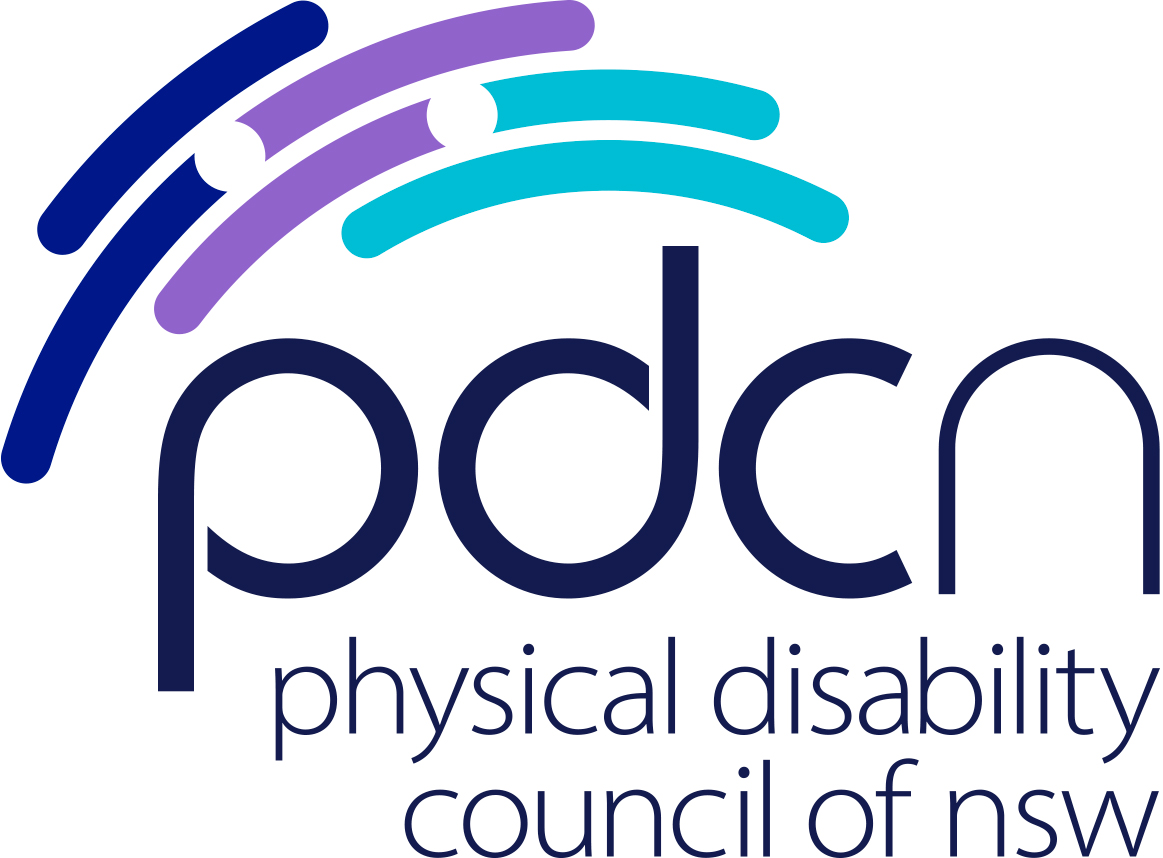
The disability advocacy sector has spent the last month collectively poring over the draft bill of the NDIS Act. The NDIA says the changes will enhance plan flexibility and provide greater certainty to participants. While this may be the case, there could be less desirable secondary ramifications.
On the 9th of September, the Department of Social Services finally released its draft bill of the NDIS. Independent assessments, changes to reasonable and necessary supports and debt recovery powers were conspicuously absent.
Despite this, the changes were hefty – there were significant amendments to the Act itself, two amended NDIS rules, three ‘updated’ NDIS rules and two completely new rules.
On the face of it the bulk of changes appeared positive, being geared towards providing more flexibility and greater certainty to participants – and certainly the NDIA has promoted them as such.
But it would be naïve of the disability community to assume that our efforts in fighting the significant changes the NDIA sought to push through earlier this year have led to the complete scrapping of the barrage of changes the government previously forecast.
We know that the underlying motivations of the Ministry are to reduce costs across the NDIS and to tighten up access to the scheme. There is reason to believe that some of the seemingly innocuous changes to the Act may be setting the foundations for future planning in this direction.
For example, one of the most significant changes was an enhancement of the Chief Executive Officer’s powers in varying and reassessing participant plans. Under new draft provisions, the CEO can self-initiate a change to a plan without consultation or consent from the participant and there is no limit on the matters that the CEO might consider when making these decisions.
The change is promoted as a positive for participants – allowing the CEO to vary parts of a plan without a complete plan reassessment, and there is no doubt that the power could be used this way.
But – these CEO powers could also be used to make serious and significant changes to the supports and funding of participants. This could include the capacity to vary plans for financial management reasons, to limit plan costs, or place limits on the nature of supports.
This move is dangerous when we consider that the details on how these enhanced powers can be used have been labelled Category D rules. In a nutshell, this means that while the Commonwealth is obligated to consult with the States and Territories before making variations to these provisions, the Minister does not need their consent.
Our interpretation is that the rules around what a CEO should or should not consider before varying or reassessing a participants’ plan could be changed in as little as 30 days, without any parliamentary debate.
And we all know the NDIA’s track record on ‘consultation’.
The Federal Government has made strenuous efforts to push these changes to the Act through as quickly as possible. The disability sector was given just four weeks to scrutinise and review 16 highly complicated documents, and calls from the sector to extend this deadline have fallen on wilfully deaf ears.
This isn’t the first time the sector has scrambled to drop everything in order to meet unrealistic consultation deadlines on important issues for our members.
We know there is a federal election looming – this is traditionally the time in the political cycle where Governments start to plan for a new term of office, during the start of which they have the greatest capacity to push through any controversial legislative changes. Is this a coincidence? We are highly sceptical.
Many organisations have pushed back on the proposed changes, arguing that checks and balances are essential to ensure that the new powers are not used to erode participants’ access to the supports and services they need to live their best lives.
The irony of a fleeting four-week consultation period is revealed in a new provision of the Act which states that “People with disability are central to the National Disability Insurance Scheme and should be included in a co-design capacity.”
If the NDIA is sincere about re-establishing trust with the disability community, then NDIS Minister Linda Reynolds should put the appropriate safeguards in place to constrain the powers of the CEO and protect the interests of participants both now and into the future.
The CEO should also provide clear evidence to support the repeated claims that the NDIS is on an unsustainable trajectory. This should include a breakdown of where costs are being accrued, offset against the economic benefits of the NDIS as the driving force for a rapidly expanding disability service sector.
Most importantly, Minister Reynolds and the NDIA should wholeheartedly commit to giving people with disability an informed voice in the future of the scheme moving forwards.
Let’s not forget the NDIS is a public safety net, not a private business.



